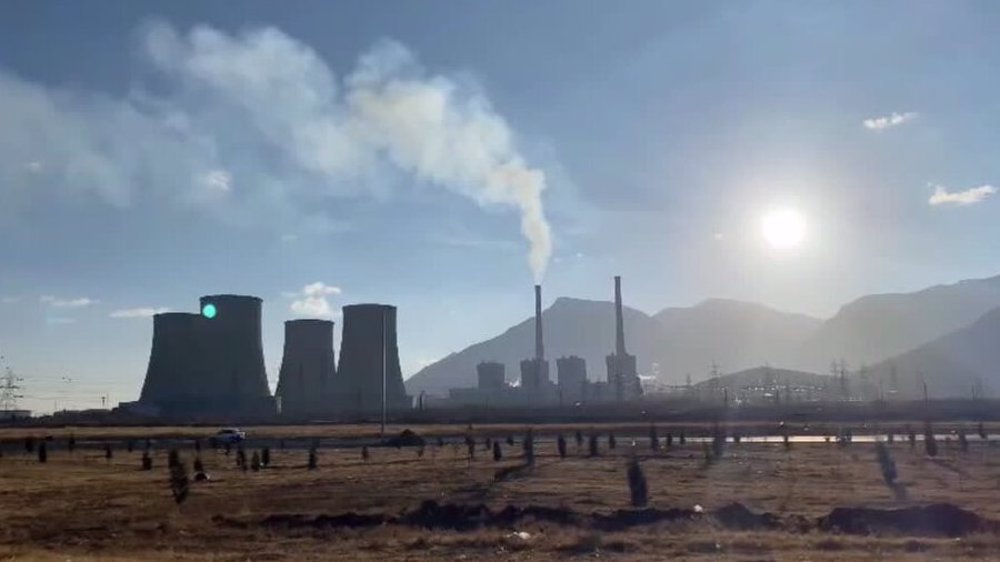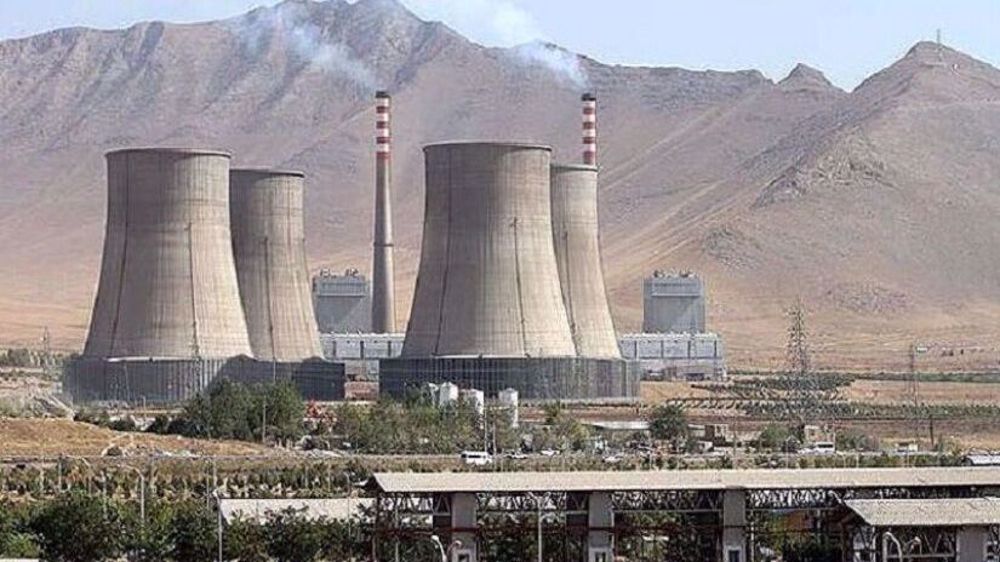Iran: Oil prices harm all producers
Iran’s Minister of Petroleum Bijan Zangeneh says current oil prices harm all producers and certain countries’ insistence on overproduction is politically motivated.
“None of the oil producers is happy with the existing prices which will harm suppliers in the long term,” he said on the sidelines of Iran’s opening of two gas operations in its biggest oil field.
“Historically, the Organization of the Petroleum Exporting Countries (OPEC) would intervene to strike a balance between supply and demand when there were excess oil in the market,” Zangeneh said.
According to the Iranian minister, “there is a political will behind OPEC indecision over production ceiling in the organization.”
OPEC has been producing nearly a million more barrels of oil each day than its 30 million bpd ceiling for the past 16 months.
The organization approved a Saudi plan to scrap allocating fixed production quotas to member countries in its Dec. 2011 meeting and introduced output ceiling of 30 million barrels per day (bpd) which does not specify quotas.
Zangeneh has described the decision a “historic mistake”, saying “making up for this big mistake and reviving the quota system in OPEC is a very hard task.”
Because of overproduction chiefly by Saudi Arabia and non-OPEC producers, there is currently up to 2.5 million bpd of excess oil in the market which has caused crude prices to lose around 60% of their value since mid-2014.
Iran has asked OPEC to reduce production and respect the ceiling as it plans to reclaim its position as the group's second largest producer.
Sanctions imposed on Tehran in 2011 forced the country to cut its exports to 1 million bpd from around 2.3 million bpd. Zangeneh has said Iran has a right to claim back its share of the market.
Iran will export an additional 500,000 barrels of oil a day after sanctions are lifted under the July nuclear agreement and begin selling another 500,000 bpd six months later, he said earlier this month.
VIDEO | Iran-Syria: For Resistance
Qassam Brigades claims killing 3 Israeli troops in northern Gaza
More alive than ever: Sayyed Hassan Nasrallah's legacy grows stronger in martyrdom
Occupation of Syria’s highest peak Mount Hermon part of ‘Greater Israel’ project
Iran: Syrian people will decide their future without foreign interference
IRGC says Iran’s power exceeds borders, warns enemies to adjust themselves
Dozens detained, several wounded in Israeli raids in West Bank
‘Ethnic cleansing’: Hamas blasts Israeli attacks on Gaza hospital amid intl. silence










 This makes it easy to access the Press TV website
This makes it easy to access the Press TV website